France is to boost the number of troops deployed to its Operation Barkhane counter-terrorism mission in Africa’s Sahel region to 5,100, Armed Forces Minister Florence Parly said on Sunday, February 2.
President Emmanuel Macron and the Chief of the General Staff of the French Armed Forces General François Lecointre “took the decision to increase the number of troops deployed in the Sahel-Saharan strip to about 5,100, an increase of 600 soldiers,” Parly said in a statement.
Around 200 additional troops had already deployed to the region last month, but Lecointre said on January 22 that he was asking Macron for further French reinforcements accompanied by “additional logistical and intelligence” support.
Update February 3 The Armed Forces Ministry on Monday said that nearly 400 more soldiers would gradually deploy in coming weeks, in addition to the 220 troops from the 2nd Foreign Parachute Regiment (REP) that have already reinforced Barkhane. The will mainly reinforce the two desert battle groups, as well as the logistics and signals groups. About 30 heavy armored vehicles, 30 light armored vehicles and 20 logistics vehicles will also be deployed.
“This is a major effort for the French Armed Forces: most of the reinforcements will be deployed in the so-called “three borders” zone between Mali, Burkina Faso and Niger,” Parly said.
“Another part of these reinforcements will be committed directly to the G5 Sahel forces to accompany them in combat,” she added.
Parly noted that Chad “should soon be deploying an additional battalion” in the tri-border zone within the regional G5 Sahel Joint Force (FCG5S), which also includes troops from Mali, Burkina Faso, Niger and Mauritania.
She also acknowledged last week’s announcement that the Czech Republic intends to send 60 troops to join the new France-led special operations Task Force Takuba in the Sahel.
“Further announcements should be made shortly, depending on the political and parliamentary calendars of the countries wishing to join us,” Parly added.
France has for months been trying to build support for Takuba. Parly said in November that France expected the new force to deploy in Mali by 2020. The Czech Republic is only the second country to publicly say it intends to to join the new task force, after Estonia said in November that it would deploy troops to Takuba. A defense ministry spokesperson told The Defense Post then that special forces will deploy to Mali in the second half of the year and that force will “assist, advise and accompany” the Malian Armed Forces.
Lecointre has said that Takuba will declare initial military capability in the summer and “will be fully operational by the autumn.”
Parly also said that France favors extending the mandate of the European Union Training Mission in Mali to “enable it to cooperate with the armed forces of other G5 countries and thus provide a larger part of their training.”
EUTM-Mali’s main objectives is to improve FAMa capacity, but it also works to support the operationalization of the FCG5S through dedicated advice and training. It has a mandate until May 2020 and costs around €20 million ($22 million) per year to maintain. More than 14,000 Malian Armed Forces (FAMa) personnel have been trained since the mission was established in February 2013.
France in the Sahel
The French military presence in the Sahel began in 2013 with Operation Serval in Mali, and evolved in August 2014 into Operation Barkhane, which has a mandate for counter-terrorism operations across the region. Roughly 4,700 French troops are currently deployed, and they focus activity in insurgent-hit Mali, Niger and Burkina Faso, working alongside local troops and other international operations, including the FCG5S and the United Nations stabilization mission in Mali, MINUSMA.
On January 13, Macron and the leaders of the G5 Sahel states announced a new Coalition for the Sahel which will see increased coordination between French and local forces focused on the Mali-Burkina Faso-Niger tri-border zone and targeting Islamic State as a priority. The new Sahel Coalition will see Barkhane and FCG5S forces operating under joint command.
Parly said on Sunday that Macron had told the defense council this week that “this major step in our engagement in the Sahel must mark a turning point both in the mobilization of our European partners and the ramp-up of G5 forces.”
Barkhane already has an international dimension, with European partners contributing troops and equipment. Denmark has deployed two Merlin helicopters and Estonia is to almost double the size of its Barkhane contingent this year. Chinook helicopters from the United Kingdom currently support the operation.
Islamist insurgents in the Sahel
The complex insurgency in the Sahel began in Mali in 2012, when a Tuareg separatist uprising was exploited by al-Qaeda-linked extremists who took key cities in the desert north. Former colonial power France began its Operation Serval military intervention the following year, driving the jihadists from the towns.
But the militant groups morphed into more nimble formations operating in rural areas, and the insurgency gradually spread to central and southern regions of Mali and across the borders into neighboring Burkina Faso and Niger.
Many armed groups including Islamic State are active in the Sahel region, but the majority of attacks are attributed to JNIM, which formed in March 2017 from a merger of several smaller groups. JNIM’s leadership has pledged allegiance to al-Qaeda leader Ayman al-Zawahiri.
Since May 2019, ISIS has attributed insurgent activities in the Sahel area to ISWAP, its West Africa Province affiliate that split from Boko Haram in 2016, rather than to Islamic State in the Greater Sahara. ISWAP’s main area of operations is the Lake Chad area of Nigeria, Niger, Chad and Cameroon.
Macron has said the Sahel Coalition would prioritize the fight against ISIS in the Mali-Burkina Faso-Niger tri-border area because it is the most dangerous.

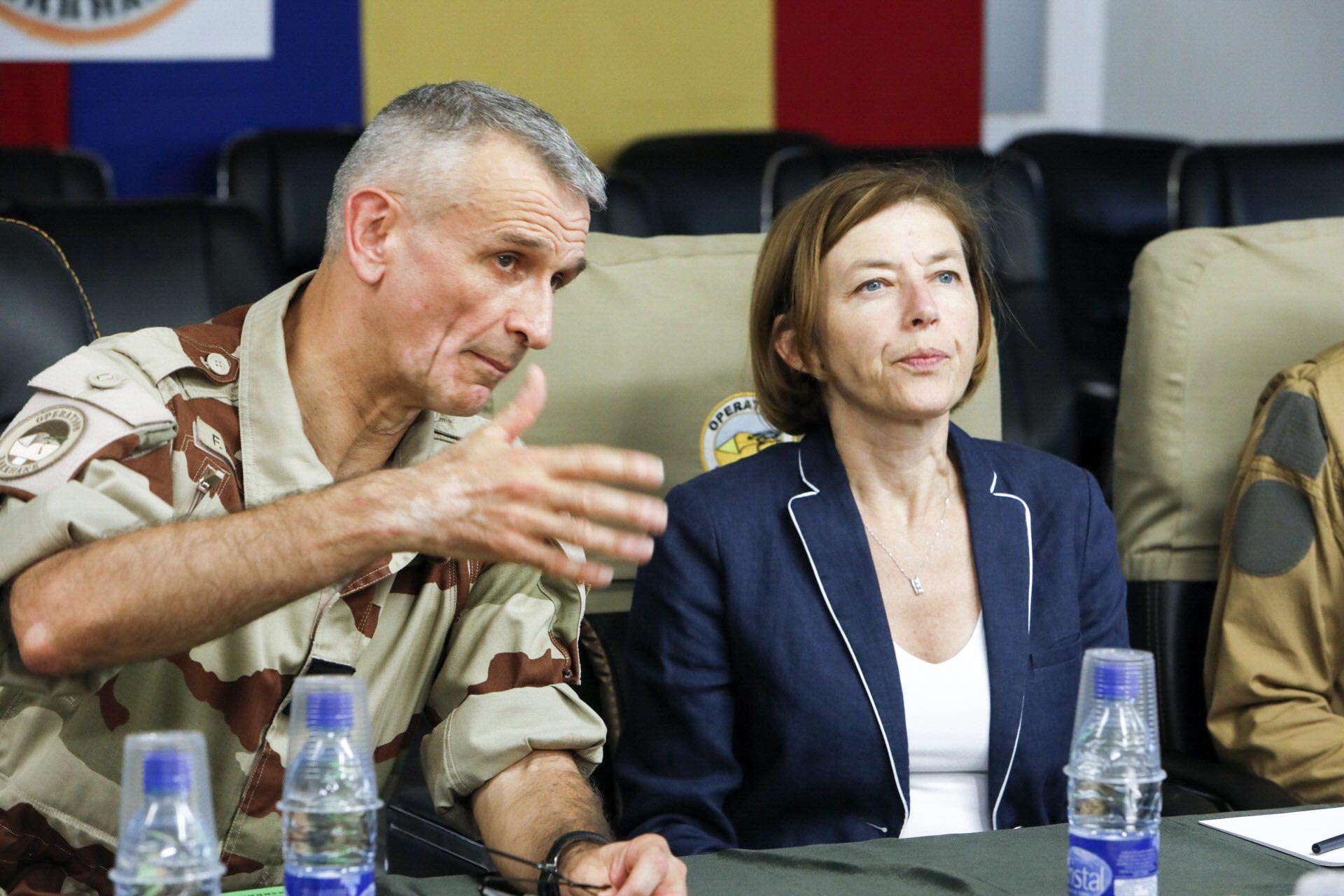
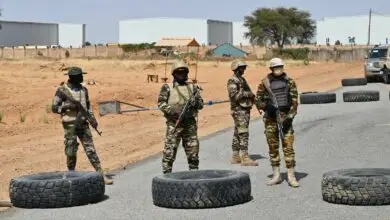
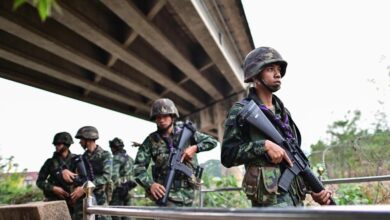

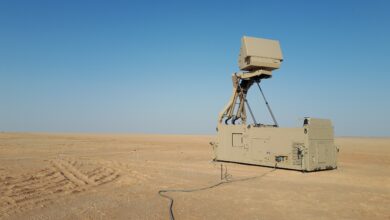
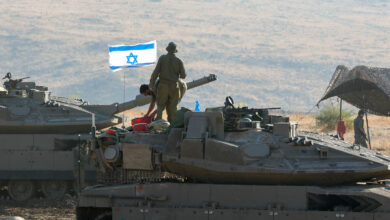
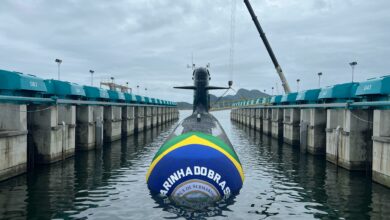
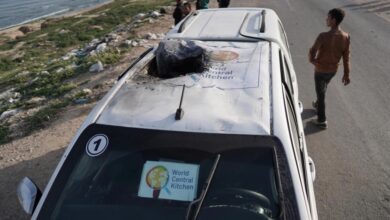
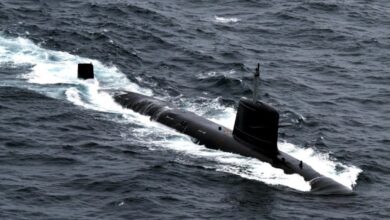
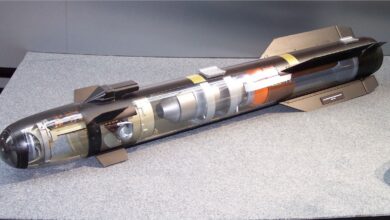
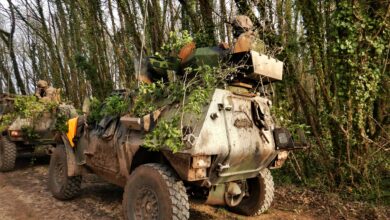
4 Comments